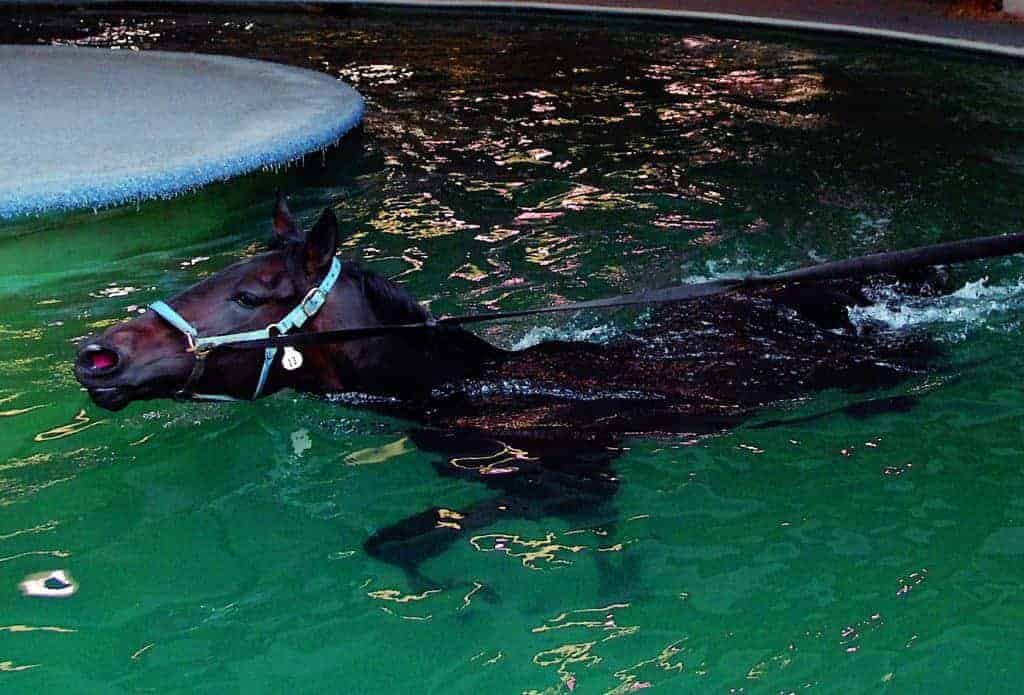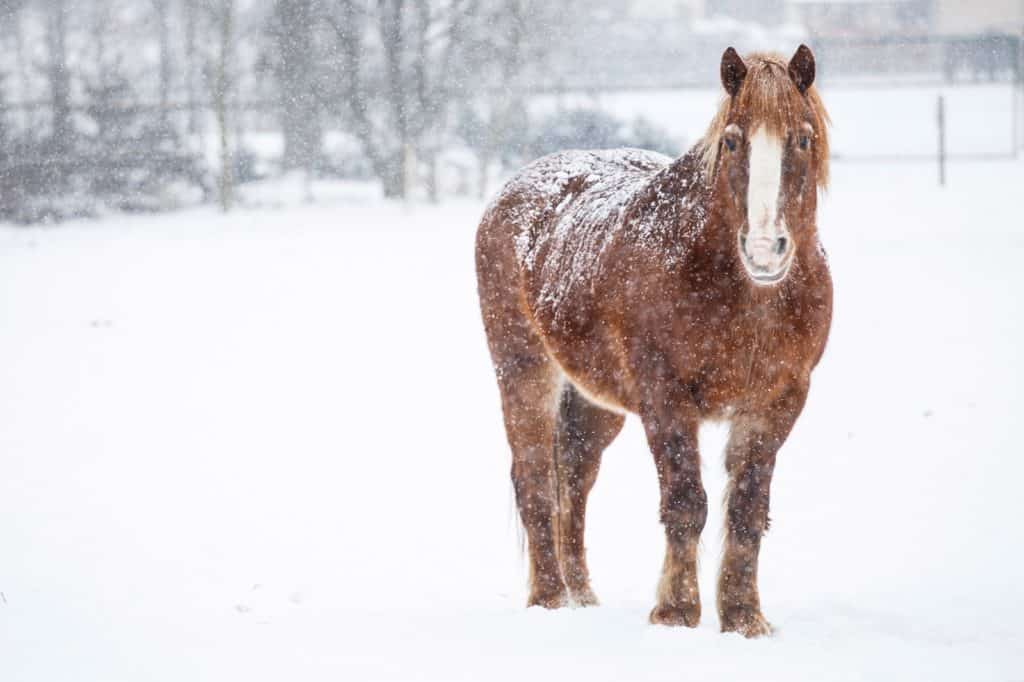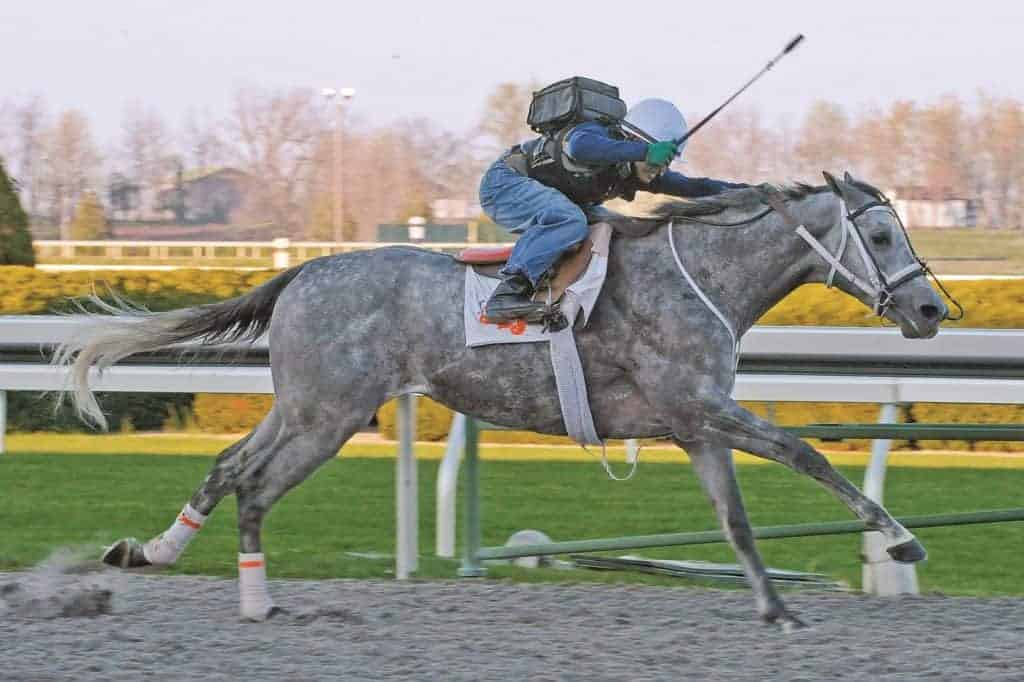
Study: Mares, Foals Can Benefit From Blue-Light Masks
Among other results, scientists found that foals born to light-therapy mares were more mature at birth and grew faster.

Among other results, scientists found that foals born to light-therapy mares were more mature at birth and grew faster.

Nigel Marsh shares advice for veterinarians on achieving the often-elusive balance between careers and personal lives.

Laboratory results show the stem cells can differentiate into fat, bone, cartilage, and muscle tissue.

Low-intensity swimming could help maintain glucose and insulin levels without putting excess strain on horses’ limbs.

Researchers have determined that that some gastrointestinal lesions are more common in certain types of horses.

Researchers are studying whether magnetic nanoparticles could effectively separate “X” and “Y” stallion spermatozoa.

Take a look at how immunosenescence and its effects impact the way owners and veterinarians care for senior horses.

This part of the study details behavioral pain markers, including head tossing, unwillingness to go forwards, and more.

Lean horses actually spent more time than obese ones eating, but both groups consume roughly the same amount of hay.

Ensure you’re providing your senior horse with the support he needs to stay healthy all winter long.

Surgeon Dr. Brett Woodie covers ways vets can identify the causes of upper-respiratory issues in athletic horses.

Study results suggest caretakers spend nearly $435 more annually managing obese equids compared to their nonobese ones.

Top tweets and take-homes from Monday’s educational sessions and the AAEP President’s luncheon.

Top tweets and take-homes from sessions on biosecurity, ethics, handling rank horses in the field, and more!

Top tweets from the opening session of the 2017 AAEP Convention in San Antonio.

Nearly 75% of horses in a recent study had significant motion asymmetry but were sound according to their owners.
Stay on top of the most recent Horse Health news with
"*" indicates required fields